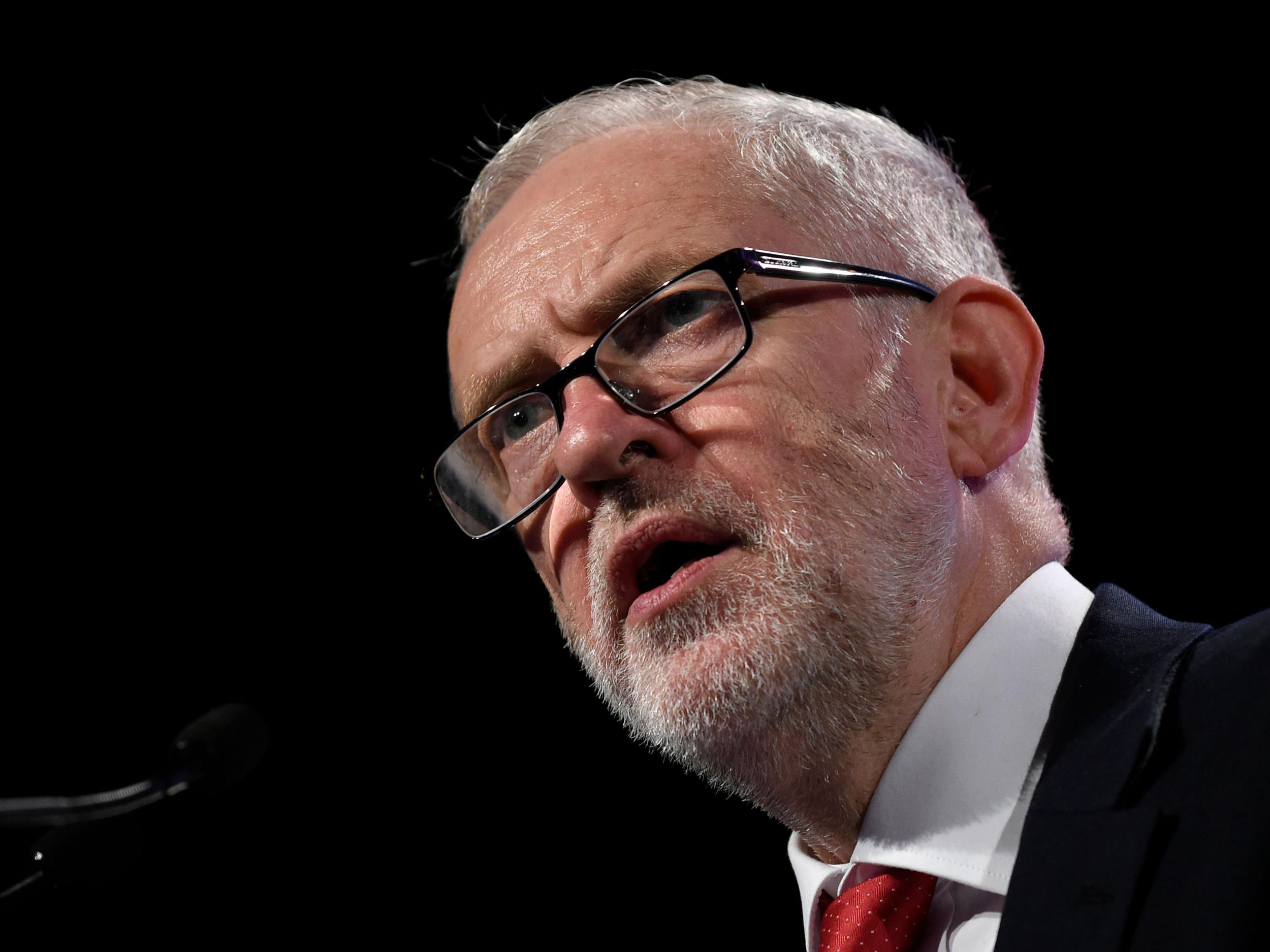If the Brexit Impact Assessments say what we fear they will, then Labour must change its stance on Brexit
Unless we change course it is Labour ministers who will take Parliamentary questions on the economic impact of hard Brexit and struggle to avoid delusional statements

It is grim to see the symptoms of new variant malady appearing in Conservative ministers.
It’s a progressive illness. At first, the over-confidence and blind optimism make it difficult to distinguish from other political pathologies. The next stage is subtle also: slogans begin to dictate policy, rather than vice versa. Then political empathy degrades, leaving those afflicted unable to recognise that those on the other side of the negotiating table are also politicians, with their own coalitions to hold together and supporters to satisfy.
Conversely, defences against cognitive dissonance – the ability to cope with two or more contradictory facts – become sharper. Comically, this enables ministers to simultaneously proclaim that 58 Brexit Impact Assessments both exist in excruciating detail, and don’t. Tragically, ministers also assume that all the benefits of the single market can be gained but with none of the obligations. Thankfully, we haven’t yet reached the final “birdman” stage of the disease. At this point, full delusion sets in and victims stand on the edge of the cliff, convinced that as they jump their wings will grow. Often, victims pull down innocent bystanders with them.
My party, Labour, has inoculated itself temporarily with a decision to argue for a transition period in which the UK stays in the single market and customs union. This is the least damaging form of Brexit for the economy, and may be the only way of avoiding a hard border in Northern Ireland. However, we are not immune. On our current trajectory it is possible that either in opposition or in government Labour will support the hard Brexit of leaving the single market and customs union.
Labour has done great work in forcing ministers to publish those 58 impact assessments. But when we read them, what should we do?
Reading the impact of Brexit on individual sectors of the economy will be like colouring in one piece of a painting-by-numbers: we already know what the Government’s overall assessment looks like. This has been leaked to the Independent and quoted, and is essentially based on the original Treasury analysis. They estimated that the long term economic loss of leaving the single market would be between 6.2 to 7.5 per cent of GDP every year. This leads to lower tax receipts of £36bn to £45bn each year, equivalent to about a third of the NHS England budget. Independent forecasts paint a similar picture: the further we travel from the single market, the greater the economic loss.
Campaigners also hope to force the release of the Treasury’s analysis reportedly showing that the losses caused by leaving the single market and customs union will be far greater than the gains from new free trade agreements. Analysis from the National Institute for Economic and Social Research estimates that new trade deals with Brazil, Russia, Indonesia, India, China, South Africa, the US, Canada, Australia and New Zealand would boost UK trade by five per cent, while replacing the single market and customs union with a new free trade agreement with the EU would reduce British trade by 22 per cent.

Once Labour reads these assessments we should change course and commit to staying in the single market and customs union. If we are in opposition, it is only through this clear policy that we will attract enough Tory rebels to prevent a hard Brexit. If we are in government, then we will own the consequences of the decision to leave.
One consequence is the risk of more years of austerity. In 2013 the NHS estimated it needed another £30bn per year by 2021 to cope with an ageing population. If we leave the single market, we risk forgoing tax receipts of £36bn. That’s quite a gap to fill.
None of this is easy. Labour has a small number of influential people who worry, unnecessarily, about EU state aid rules and nationalisation. It is highly implausible that these rules will prevent any policy proposed in the 2017 manifesto. Jeremy Corbyn should urgently commission legal advice to satisfy himself on this matter. A bigger problem for the party is migration. Many MPs see the Brexit vote as ruling out freedom of movement. While there are some useful suggestions of additional marginal controls on immigration that can be implemented while remaining within the single market, fundamentally Labour must make a choice between ending freedom of movement and saving the British economy. No one has yet split the single-market-freedom-of-movement atom.
If this government falls and Labour takes the reins, our Ministers will be receiving the same advice that Conservative ministers are currently ignoring. Unless we change course it is Labour ministers who will take Parliamentary questions on the economic impact of hard Brexit and struggle to avoid delusional statements. It would be a tragedy if this Brexit malady afflicting the Conservatives spread to the Opposition benches. My hope is that by committing to remaining in the single market and customs union, we can prevent this new disease from jumping the barrier separating our party from the delusional Brexiteers sitting on the Conservative front bench.
Nick Donovan is standing for election to Labour’s NEC on a platform of remaining in the single market and keeping the door open to a second referendum
Join our commenting forum
Join thought-provoking conversations, follow other Independent readers and see their replies
Comments
Bookmark popover
Removed from bookmarks